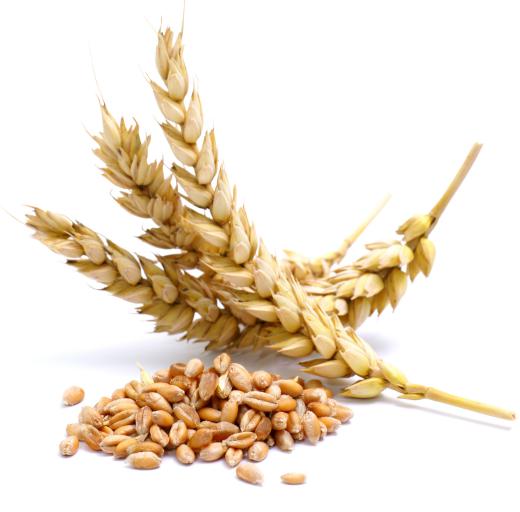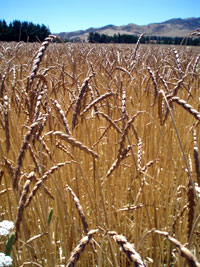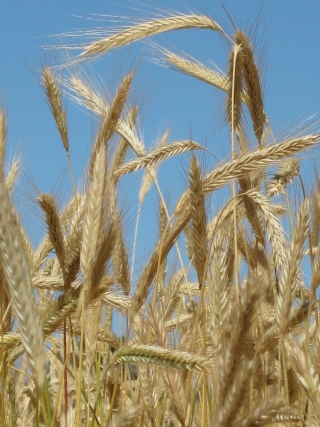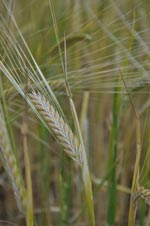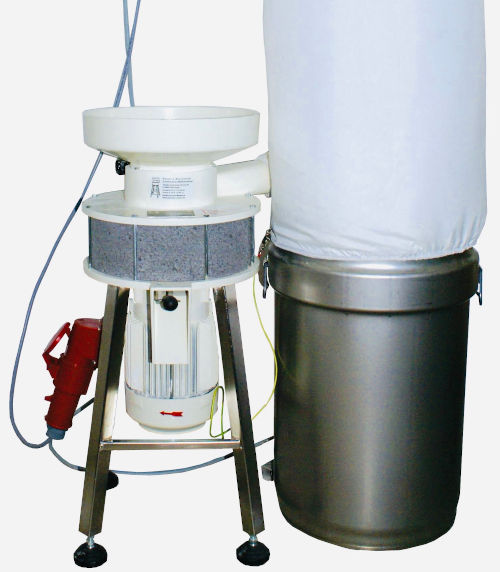Certified Organic Wheat Flours, Grain, Bran & Semolina
Wheat is mostly used for baking bread and cakes. There are 3 main types of wheat:
- So called biscuit wheat with a lower protein content ideal for cakes and pastries
- Durum wheat, a very hard variety for making pasta
- Hard or bread wheats with high protein levels and good baking characteristics.
All wheat products are BioGro certified
